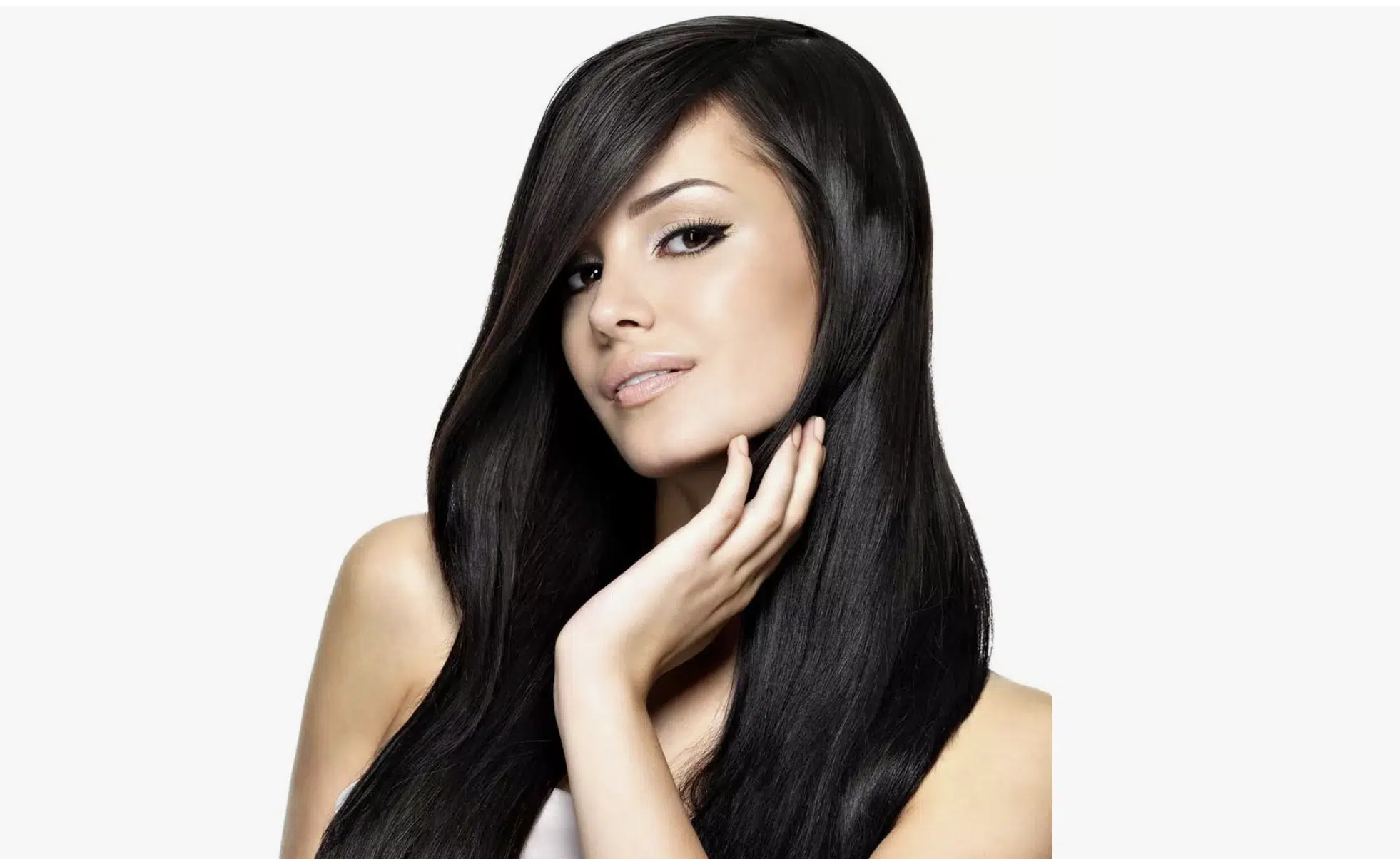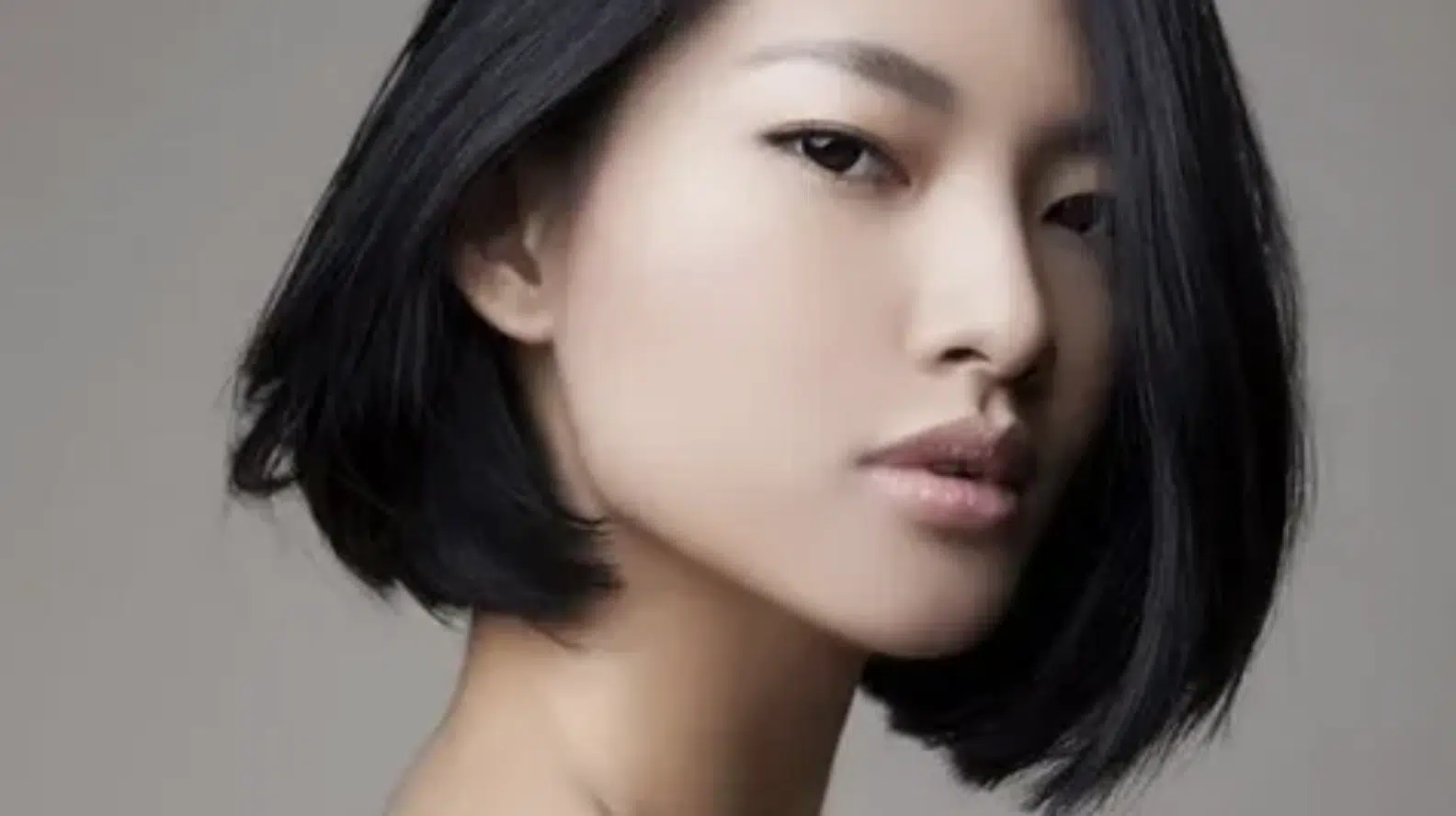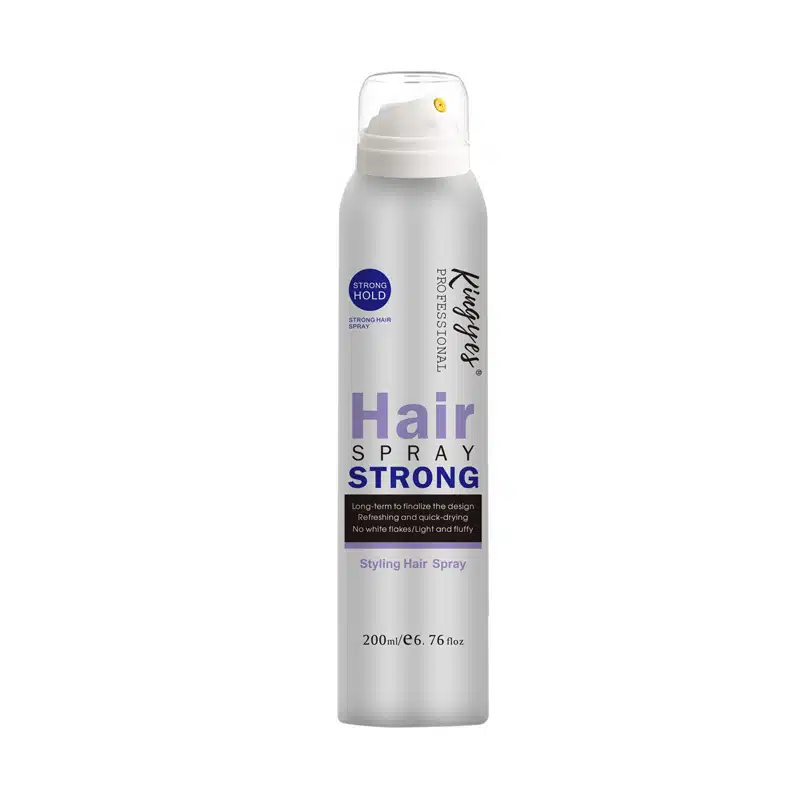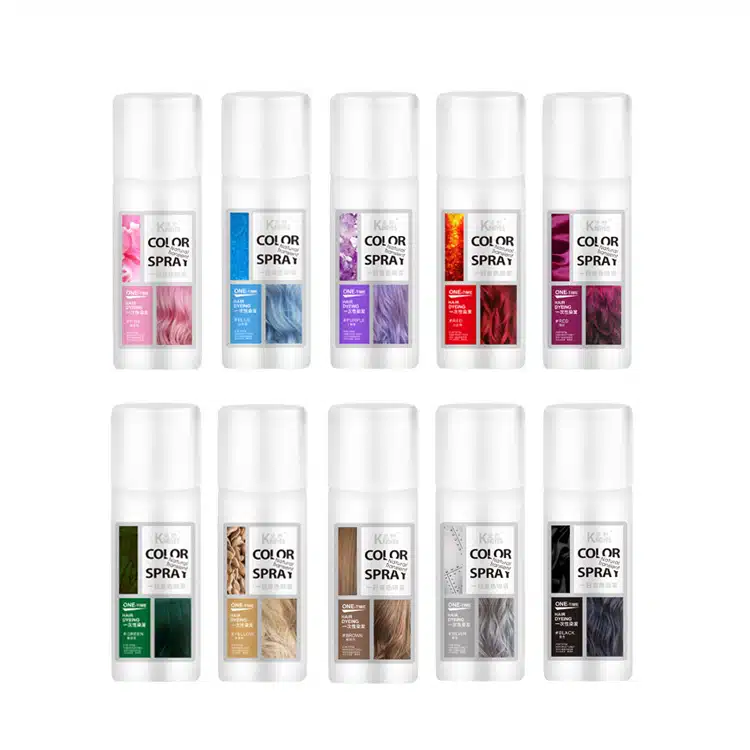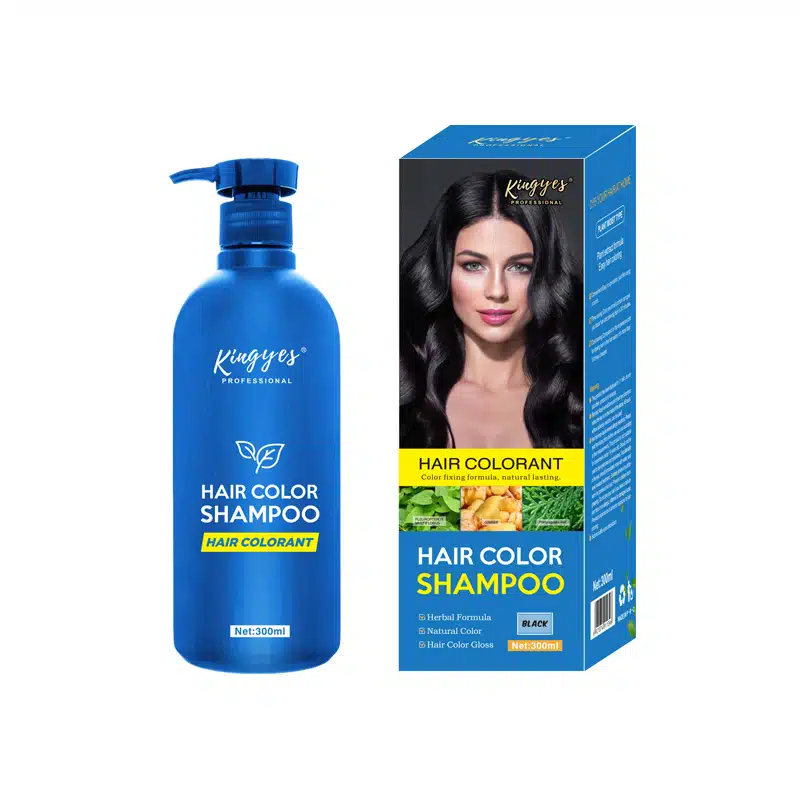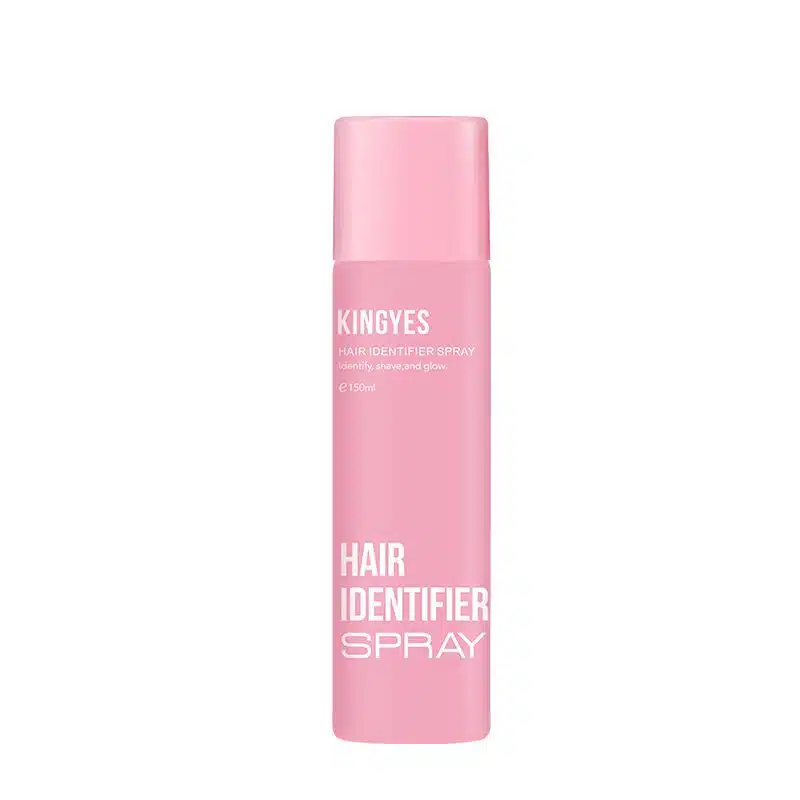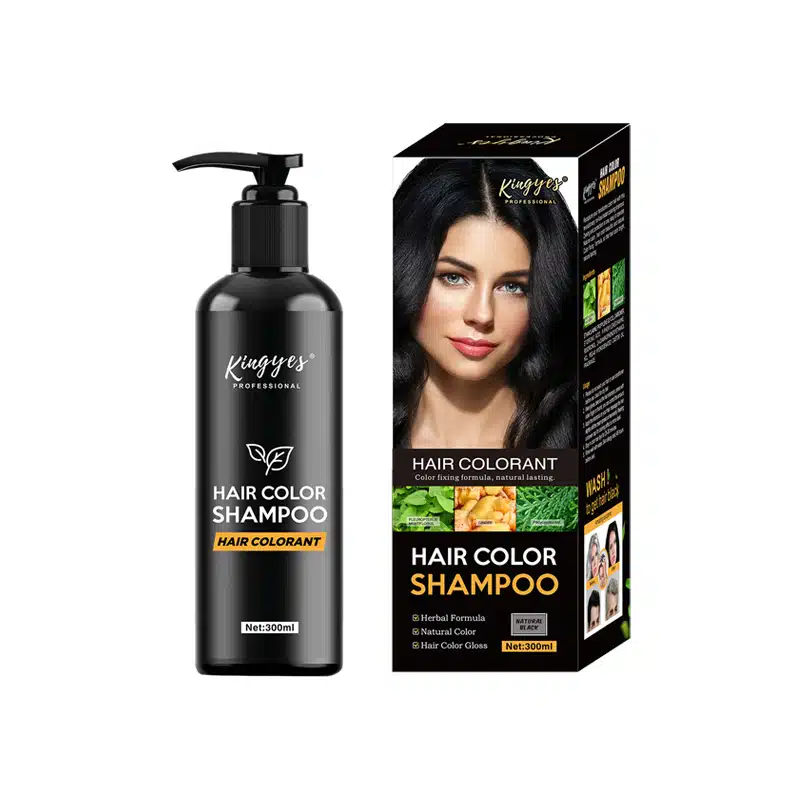
Vai tumšāki mati ir pievilcīgāki?
Satura rādītājs
Does it enhance or detract from a person’s appearance? The answer isn’t simple, as attractiveness is subjective, and everyone has different preferences. However, this article will dive into how matu krāsa, specifically darker shades, plays a role in perceived attractiveness. By exploring studies, psychological findings, and the impact of hair color on social interactions, we’ll examine whether dark hair makes one more attractive and if it has any bearing on long-term relationships or social perception.
Why Is Hair Color Important in Attractiveness?
Hair color is more than just an aesthetic choice—it’s a powerful factor that influences how people are perceived by others. From the bold confidence of a platinum blonde to the sultry allure of raven black, hair color can convey various messages. Studies show that hair color plays a significant role in the first impressions people form. Whether we realize it or not, we often judge others based on the hues of their hair, associating it with personality traits, cultural norms, and even reproductive signals.
Psychologists have long discussed how hair color affects human interactions. For instance, blonde hair is often linked to youthfulness and playfulness, while darker shades like black and brunette are typically associated with maturity, confidence, and mystery. Attractiveness, however, is subjective, and no single hair color is universally favored. Factors such as personality, skin tone, and overall grooming often play a more crucial role in how attractive someone is perceived, regardless of whether their hair is light or dark.
What Are the Different Hair Colors That Attract People the Most?
When it comes to matu krāsa preference, everyone has different tastes. Studies often suggest that blonde hair is favored by many, especially in younger age groups. Blonde women are often seen as more approachable, while darker hair colors, such as black and brown, are perceived as more mature and elegant. But does this mean darker hair is less attractive?
The key to understanding attractiveness in terms of hair color lies in cultural influences and biological factors. For example, certain cultures might see blonde hair as a sign of youth and beauty, whereas others might associate dark hair with elegance and sophistication. Dark hair—whether black or brown—tends to create a striking contrast with fair skin tones, which can enhance one’s appearance. Brunettes, in particular, are considered by many to exude a natural, grounded allure.
Additionally, dark hair tends to work well with most skin tones, and it can create a beautiful contrast, making eyes appear brighter and more prominent. Thus, darker hair can certainly be an attractive choice for both men and women.
Is Darker Hair More Attractive Than Lighter Hair?
There are various studies examining the relationship between matu krāsa and perceived attractiveness. Research consistently shows that dark hair (black or brunette) is often linked to youthful vitality, while lighter shades, like blonde, are often seen as a sign of youth but can sometimes convey a more fragile or delicate persona.
One well-known study conducted by the Scandinavian Journal of Psychology found that men tend to associate darker hair with greater health and attractiveness, which is often linked to reproductive potential and long-term relationship stability. Brunettes (and those with black hair) are often seen as more serious un mature, while blondes tend to be associated with playfulness and openness.
However, it’s important to note that attractiveness is subjective. While darker hair may be perceived as more attractive in some cultures, it doesn’t necessarily mean it is better. Hair color preferences often change with trends, and personal style plays a larger role than natural color.
Does Hair Color Affect Men’s Perception of Attractiveness?
Men often show a preference for brunette hair, as studies indicate that women with dark hair (black or brown) are often deemed more attractive for long-term relationships. Men are generally attracted to darker-haired women who project confidence and strength—traits that dark hair can emphasize. Conversely, blonde women are often associated with youthfulness un innocence, which can be appealing in short-term attraction but might not always signal the maturity men look for in a long-term partner.
However, attractiveness isn’t solely about matu krāsa. Other factors like facial symmetry, body language, and overall demeanor play significant roles in how men perceive women. Still, dark hair often conveys an image of sophistication and reliability, which might make women with darker hair stand out for longer, more stable relationships.
Why Do Women With Dark Hair Get More Attention?
Women with dark hair, especially black or brunette hair, often receive more attention due to the contrast dark hair provides against lighter skin tones. The starkness of dark hair can create a dramatic effect that draws attention to the face, enhancing a woman’s features. Additionally, dark hair is often associated with mystique un confidence, which can be attractive qualities in women of any age.
Darker hair can also symbolize maturity, which plays a significant role in how a person is perceived in social settings. For example, women with dark hair are often viewed as more serious, classy, un grounded, which can be appealing traits when it comes to building strong, meaningful relationships.
How Does Hair Color Influence Long-Term Partner Selection?
Hair color can play a role in partner selection, particularly in terms of perceived attractiveness and the subconscious messages we associate with certain hues. For example, dark hair might signal to potential partners that someone is more stable, grounded, un serious, which could be a key trait when looking for a long-term partner. Men may subconsciously associate darker hair with maturity un responsibility, which are crucial qualities in a long-term relationship.
Studies have also shown that dark-haired women are often preferred for parenting roles due to perceptions that they might have higher reproductive potential un family-oriented traits. While this may sound superficial, these preferences are largely driven by biology and societal standards.
Can Dark Hair Signal Youth and Health?
Yes, studies have shown that dark hair, particularly melni mati, is often associated with youthfulness un health. The reason is tied to the way hair naturally darkens as we age. Dark hair is often linked to vibrancy, and because it is a less common shade among older individuals (due to graying), it may signal youthful vitality and good health.
Additionally, darker hair can provide a more polished un refined look, which can be attractive in both professional and personal settings. People with dark hair may also be perceived as having stronger facial features, as the contrast between dark hair and skin tones can make eyes and facial structure more prominent.
Are Brunettes Considered More Attractive Than Blondes?
While the debate between brunettes and blondes has been ongoing for decades, recent surveys and polls suggest that brunettes often come out on top in terms of attractiveness for long-term relationships. Men looking for a long-term partner may see brunette hair as a symbol of maturity un stability, while blondes are sometimes viewed as fun-loving vai lighthearted.
However, this doesn’t mean blonde women are any less attractive. The attractiveness no matu krāsa ultimately depends on personal preferences and the context in which a person is judged. Brunettes might be seen as more serious, but blondes are often associated with a playful, carefree personality, which is equally appealing.
What Role Does Skin Tone Play in Choosing the Right Hair Color?
Skin tone plays a huge role in determining the most flattering matu krāsa. For example, fair skin tends to look striking with dark hair (such as melni mati vai deep brunette), creating a sharp, eye-catching contrast. On the other hand, olive-toned vai darker skin might look better with lighter shades, tostarp blond vai caramel-colored hair.
Choosing the right hair color for your skin tone can not only make you feel more confident, but it can also enhance your natural features. Darker hair tones, for example, can complement those with lighter skin, making the eyes pop and creating a youthful glow.
How Does Hair Color Affect Perceptions of Personality and Femininity?
Hair color influences how we are perceived in terms of personality. For example, blondes are often thought of as bubbly, fun-loving, un energetic, whereas dark-haired individuals may be seen as serious, mysteriousvai sophisticated. These perceptions, however, are not universal and are shaped by both cultural influences and individual preferences.
Komentāri
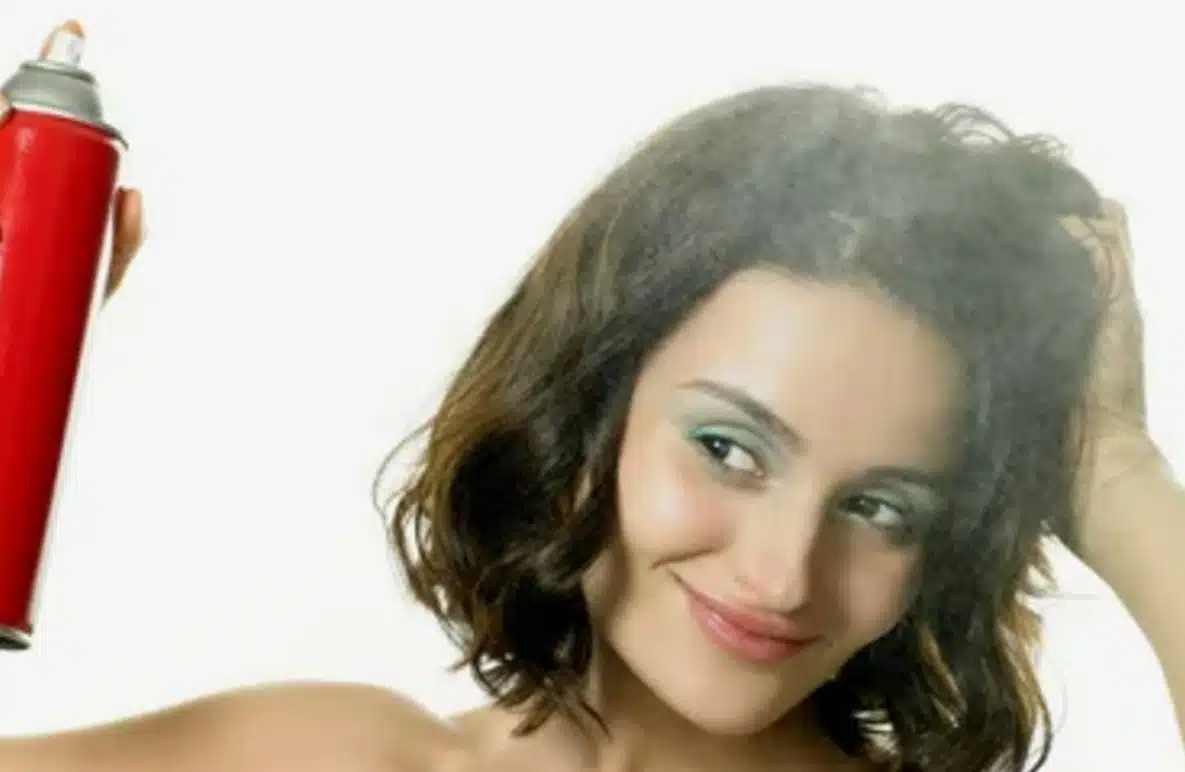
Kā pagatavot savu sauso šampūnu?
Vai esat kādreiz domājuši par DIY sausā šampūna pagatavošanu?
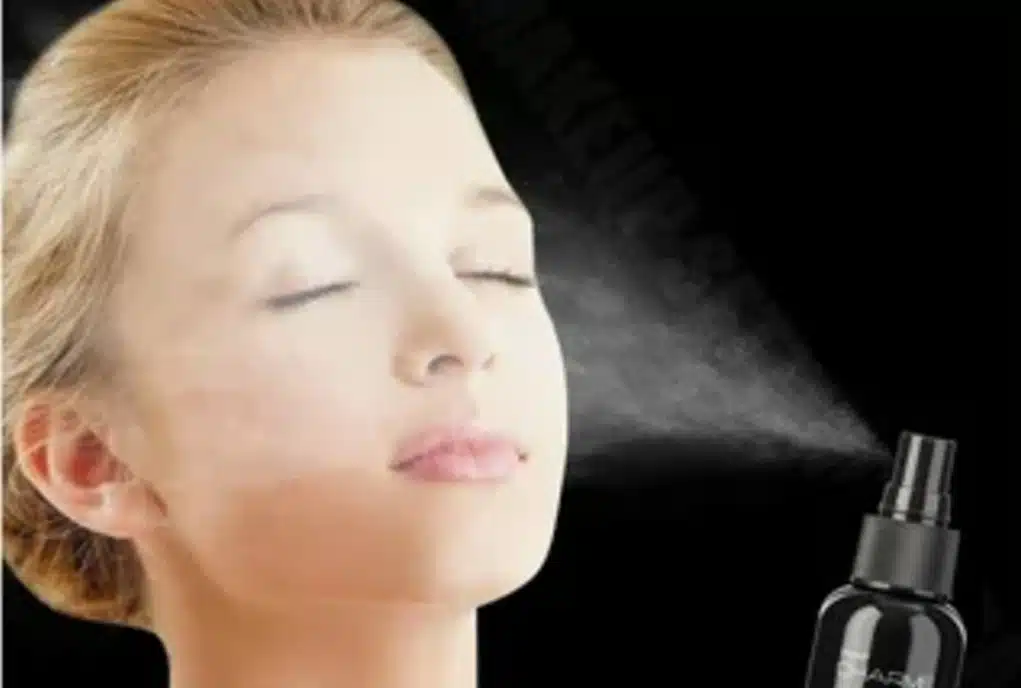
Vai grima noregulēšanas aerosols ir obligāts?
Vai esat kādreiz aizdomājusies, vai jums patiešām ir nepieciešams grima uzklāšanas aerosols?

Kāda matu krāsa vislabāk izskatās uz 60 gadus vecas matu krāsas sievietes?
Ar vecumu viens no visvairāk pārveidojošajiem veidiem, kā uzlabot savu izskatu, ir matu krāsa.
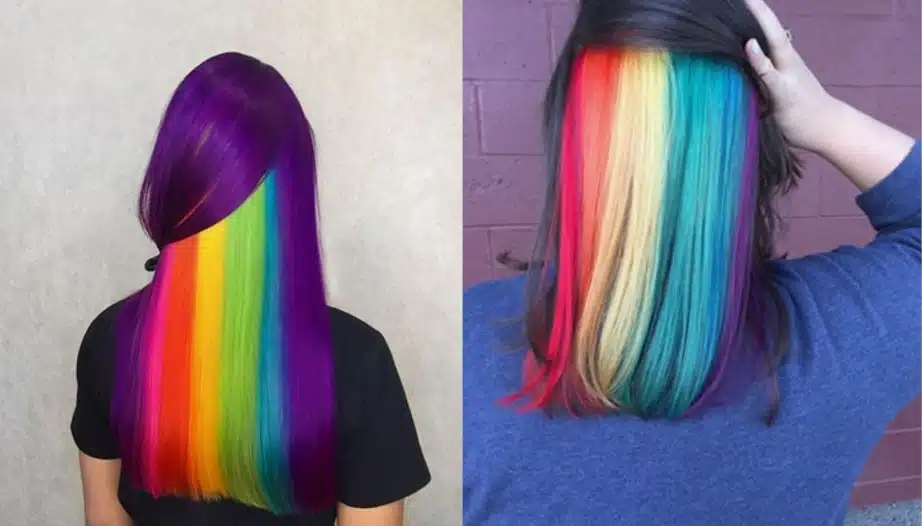
Cik kaitīga ir pagaidu krāsviela?
Vai apsverat iespēju izvēlēties jaunu krāsu, bet uztraucaties par bojājumiem?
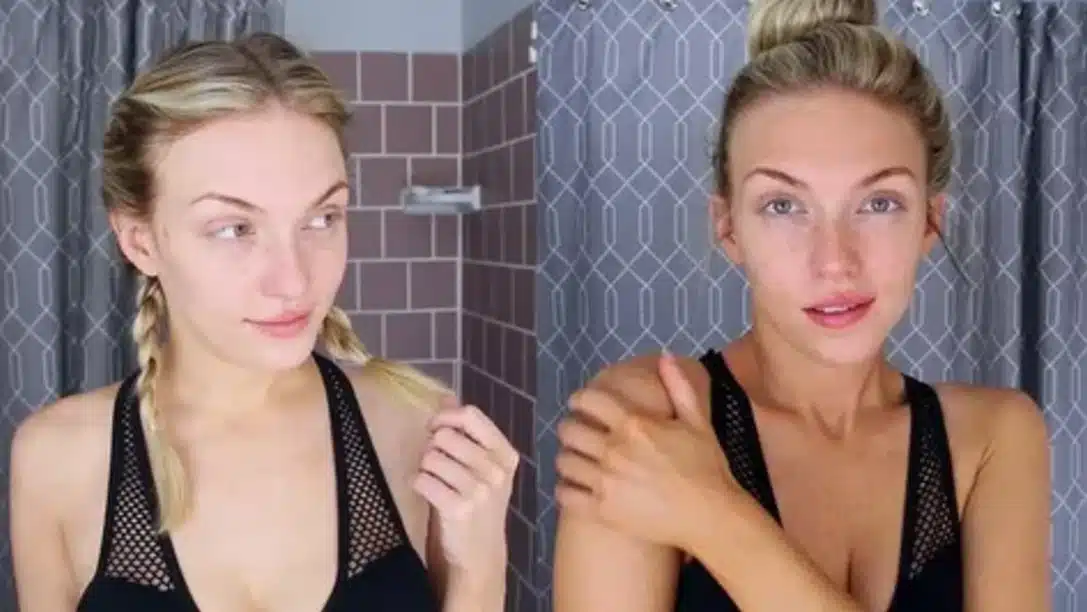
Cik ilgi darbojas pašiedeguma mousse?
Vai esat kādreiz aizdomājusies, cik ilgi pašiedeguma putas saglabās zeltainu mirdzumu uz jūsu ādas?
- +86 151 1839 7303
- [email protected]
- Pirmdienās-nedēļās 07:00-23:00
Tags

Who Is The Largest Manufacturer Of Cosmetics?
The beauty industry is a multi-billion dollar global powerhouse, with a vast array of cosmetic brands vying for a piece of the pie.

What Is The Process Of Making Cosmetics?
Have you ever looked at your favorite cosmetic product and wondered how it was made?

What Do Cosmetic Manufacturers Do?
Ever wondered how your favorite lipstick, foundation, or moisturizer goes from an idea to the beautifully packaged product on the shelf?

